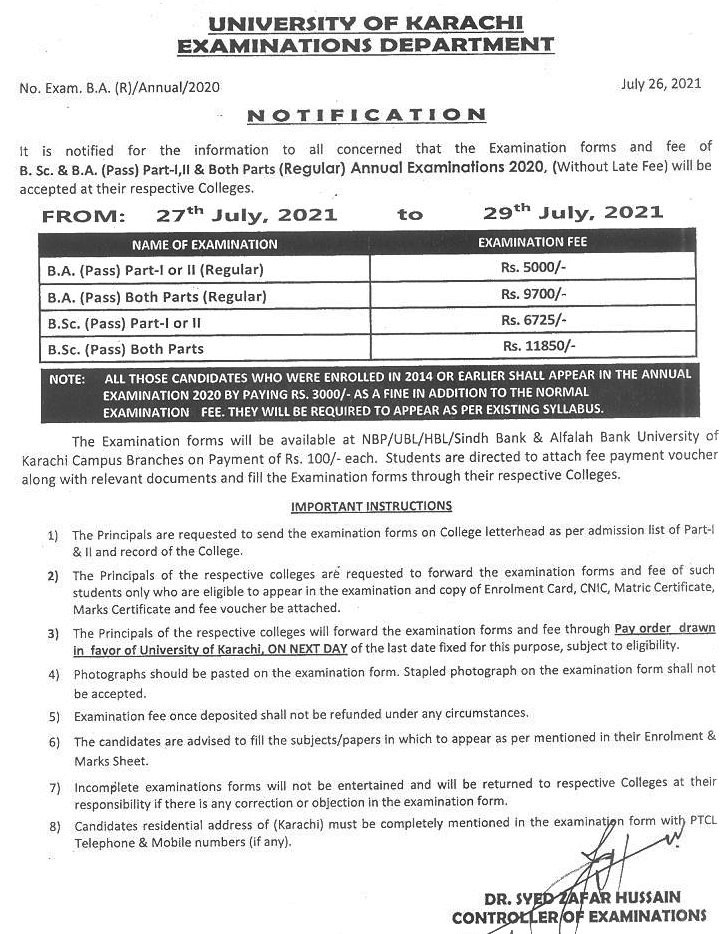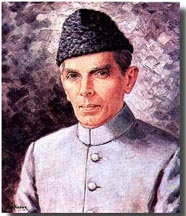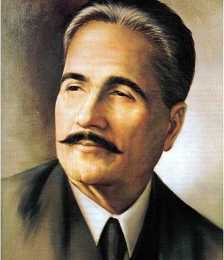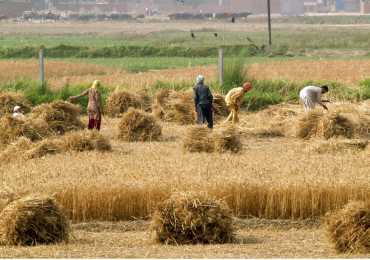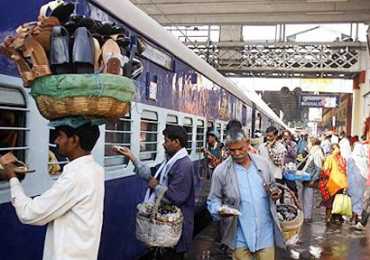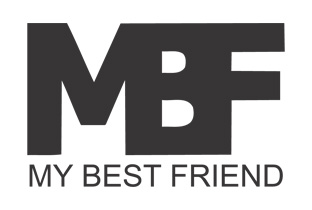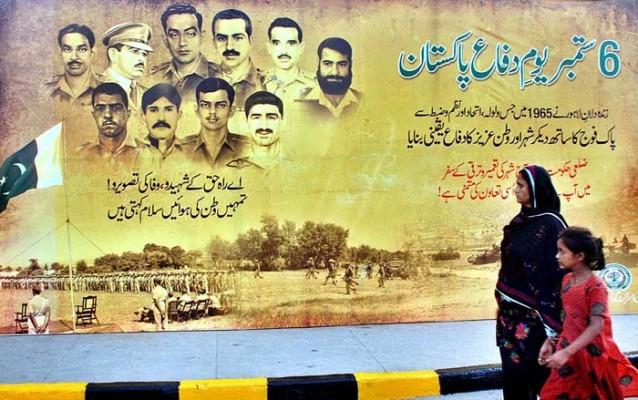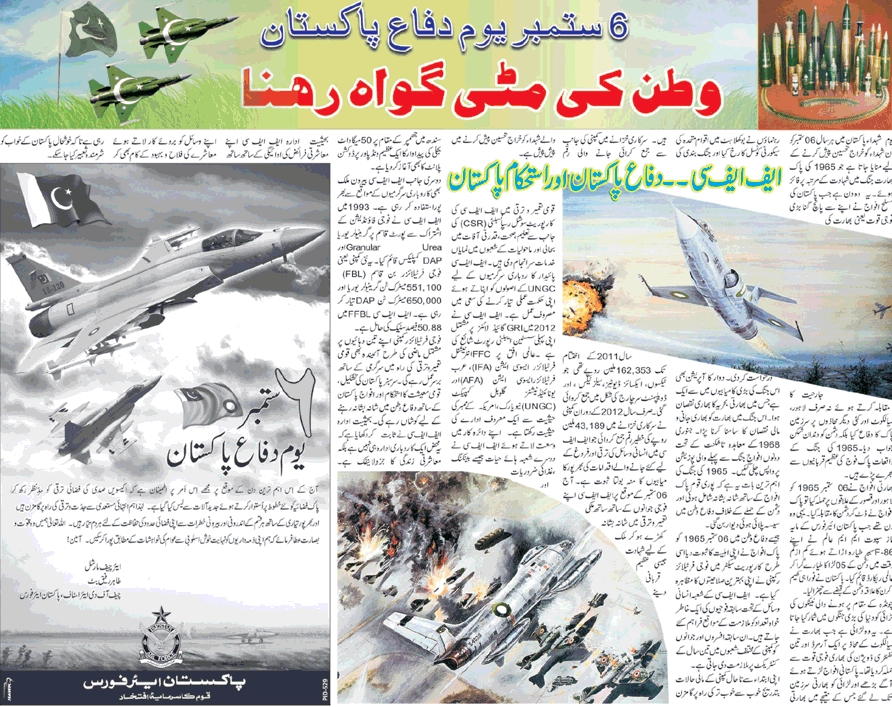If you are looking for Karachi University BA Date Sheet 2025 then you are on the right page. This is the place where you will find the schedule of the finals of BA. As ilm.com.pk is the fastest-growing educational website in Pakistan that can keep you up to date with every single update. The exams are held every year and before this, there are several things that the university does. It first registers the students for the exams. Then it issues the roll number slips and then releases the date sheet. After all the procedures, the exams are held by the institute and thousands of students appear in it. The arrangements for exams are made very well by the authorities. Then after two months, the result is also announced. Scroll down to have a look at the schedule.
BA Part 1 Date Sheet 2025 Karachi University
Registration for the exams has now started and candidates are busy submitting their forms with a single fee as after the given due date all the candidates have to submit the double fee for the submission of the form and then triple the fee if they too late after that all those candidates who have not submitted their registration form consider to be ineligible for the exams. So students do keep these given dates in mind as this is the question of your future after all if the dates are passed then you have to wait for one whole year till the next year’s registration is started. People can get the roll no slip.
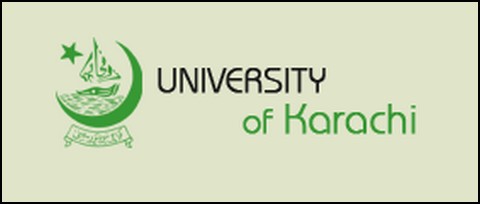
UOK BA Date Sheet 2025 Part 2
Normally, it is the convention of the institute to declare the schedule of exams at least one month before exams. The registration process is a long time and at the end of it, the next step is done. After it, the roll number slips are also issued to the students. Regular students get it from their campus and private ones get it by post. So, this was all about the Karachi University BA Part 2 Date Sheet. Hopefully, you have got all the info from the post.
For information of the students who are seeking the BA Date sheet 2025 now can download it from this page. The administration of this university has declared the date sheet and all the candidates will follow the schedule.

